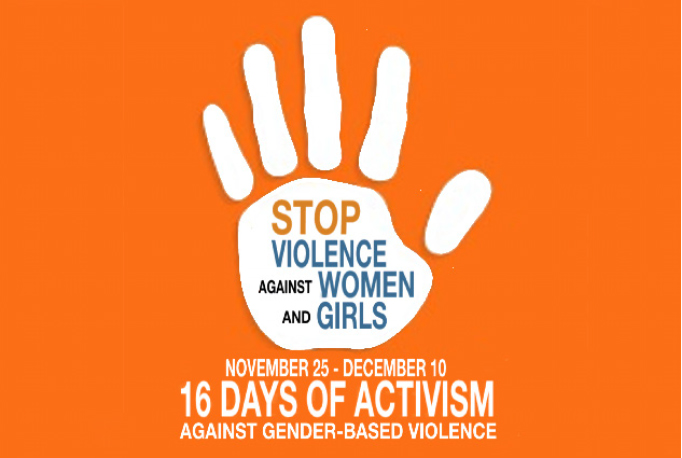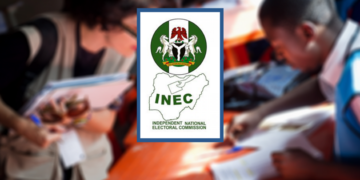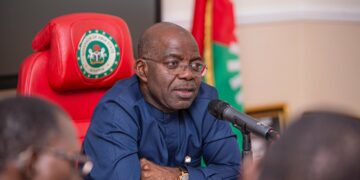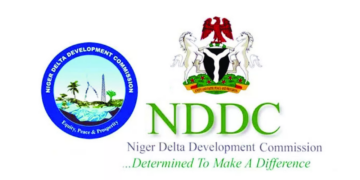United Nations Office on Drugs and Crime (UNODC) has expressed concerns over the increasing menace of Gender Based Violence (GBV), stressing that over one million crimes related to violence against women and girls were recorded in 2022 and 2023.
This is even as it has called for urgent action against gender based violence, describing it as an epidemic that knows no borders. It added that the figure accounts for 20% of all police-recorded crime, which makes it more urgent for stakeholders to end this scourge.
The Country Representative of UNODC, Cheikh Toure noted that GBV is a significant issue in Nigeria, affecting women and girls across social classes, ethnic groups, and cultures.
He said this while speaking at an event in Abuja to commemorate the 16 Days of Activism Campaign against Gender based Violence in Nigeria supported by MacArthur Foundation and the Government of Denmark.
He noted that GBV is often under-reported due to a reluctance to speak about it, fear of stigmatization, and the domestic nature of the violence, even as he advised governments at all levels to intensify efforts against GBV.
He noted that: “Every 10 minutes, a woman is killed. Let that sink in today, we gather not just to launch the 16 Days of Activism Campaign but to make a clarion call for action against gender-based violence- an epidemic that knows no borders. Violence against women and girls is the most pervasive human rights violation globally. Nearly one in three women and girls experience violence in their lifetime.
“This is not merely a statistic; it is a reality for countless individuals—our mothers, sisters, daughters, and friends. The urgency of our mission cannot be overstated. We stand at a critical juncture where our collective efforts can lead to meaningful change”.
He said: “This year’s theme, “Unite to End Violence Against Women,” isn’t just a catchy slogan; it is a powerful rallying cry for accountability and action. It’s a call to arms. We need action, not words. Accountability, not excuses. Resources, not empty promises. We must demand that all duty bearers—especially states—take decisive steps to address the issues highlighted in the 30-year review of the Beijing Declaration and Platform for Action: accountability, recommitment, and resourcing.”
Toure also bemoaned poor data collection on femicide in most African countries and warned that without data, the fight against gender-based violence is like fighting blindly.
He said: “Women’s limited access to public sector roles perpetuates inequalities and fuels structural violence and that’s just the tip of the iceberg—a grim reminder of the entrenched gender inequalities that persist worldwide.
“Femicide occurs in every region, with family members or intimate partners responsible for over half of these killings.
“This means that home, which should be a sanctuary, often becomes a site of violence. Most victims don’t report their abuse. Why? Because society still too often blames the victim, denies them support, and fails to deliver justice.”
Toure, however, said that UNODC has developed Femicide Reviews to analyze these tragic events comprehensively adding that those reviews go beyond individual cases to examine healthcare providers and social services.
“By understanding these dynamics, we can create policies that prevent future tragedies. As one of my UNODC colleagues aptly stated, “The idea with a Femicide Review is to go beyond the decision of individual responsibility and look at the level of social responsibility.”
Also speaking at the event Senior Special Assistant to the President on Citizenship and Leadership, Rinsola Abiola, noted that to properly contextualise the issue of enhanced rights for women, it is key to remind all present that women’s rights are human rights, and that human rights extend to women as well.
“Our dream, after all, is one of a great country where our citizens (male and female) are fully empowered and thus able to contribute to building the nation of our dreams, “she said.
She said, President Bola Ahmed Tinubu understands the role that women play all too well, which is expressed in the number of women occupying key executive and advisory positions in his Renewed Hope administration, contributing their quota to national growth and advancement.
She urged other leaders to similarly empowered and at different levels of the political structure within government and the political party system to prioritise women’s participation and qualitative representation in power and decision-making, both through the ballot and via appointive positions.
Minister of Youth Development, Hon. Ayodele Olawande, who was represented by the National Public Relations Officer (PRO) of Youth Council, Dotun Omoleye, said that combating gender-based violence in Nigeria must take top priority, urging global Nigerian and global institutions to intensify efforts to end this crisis.





